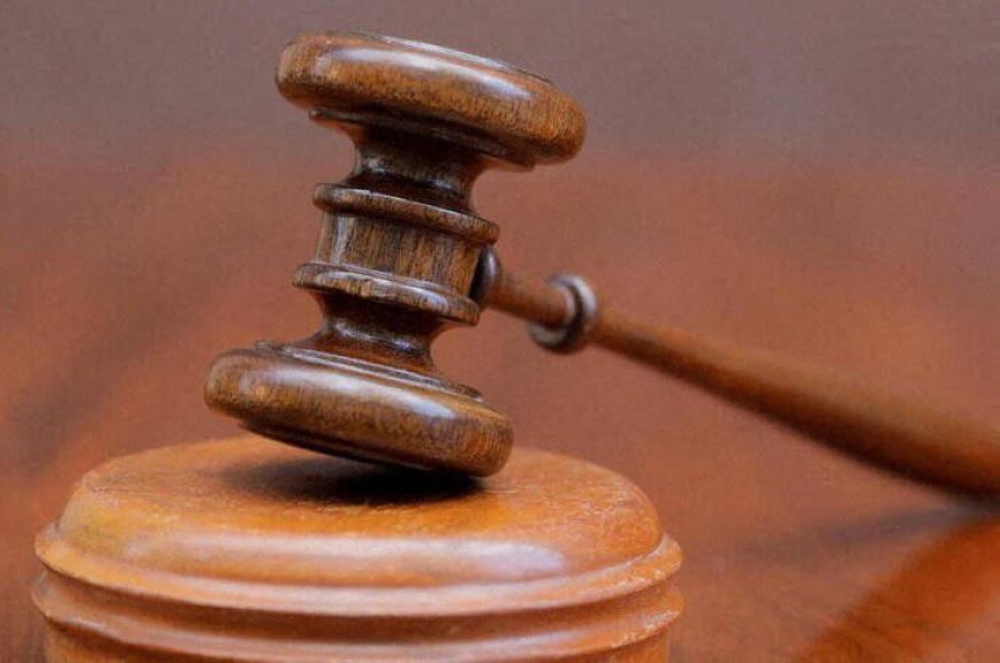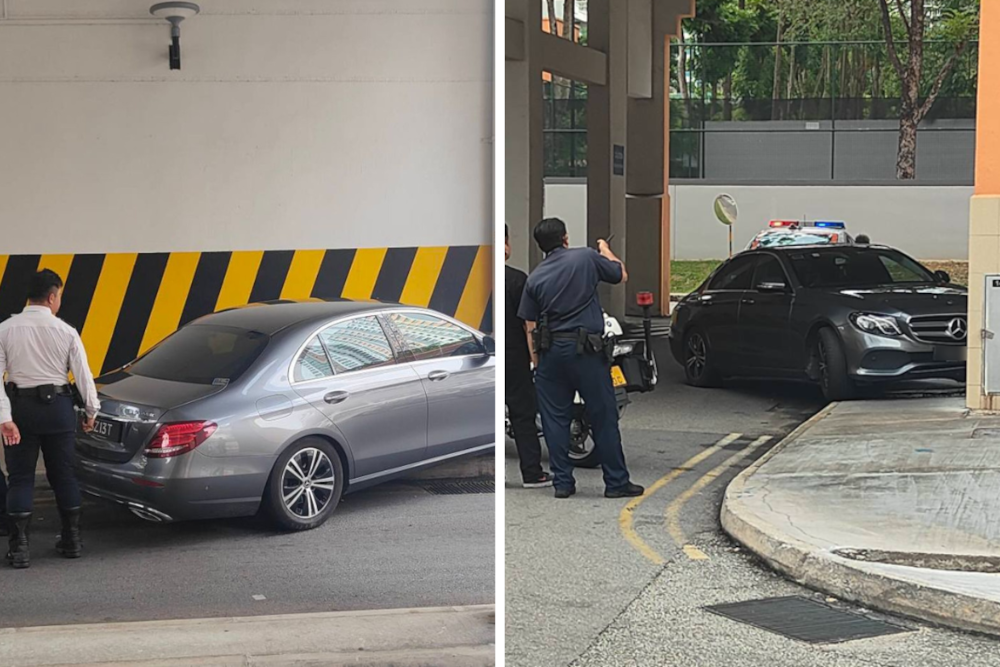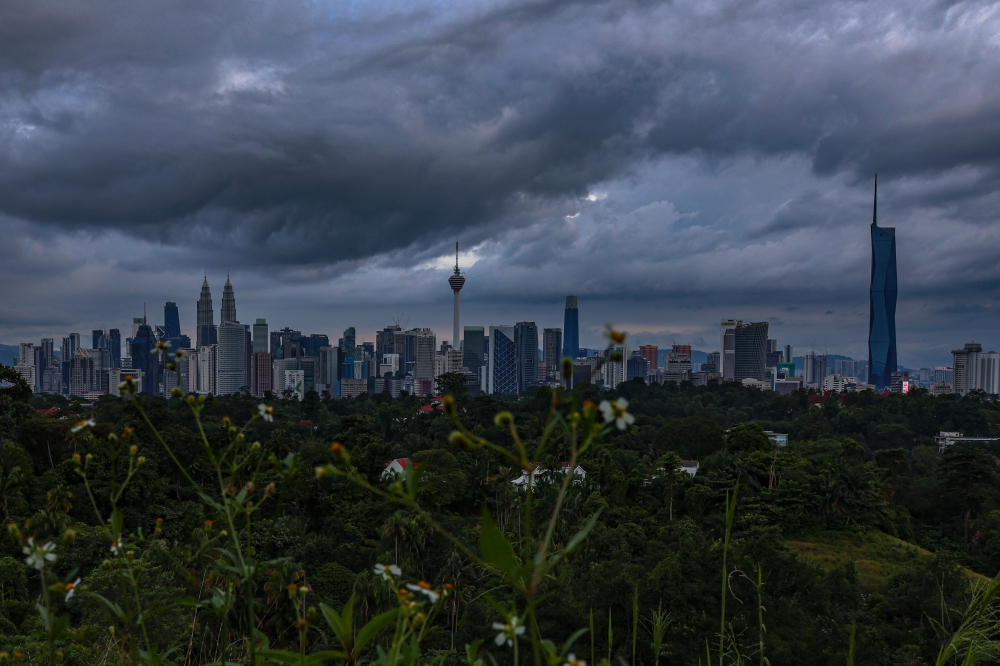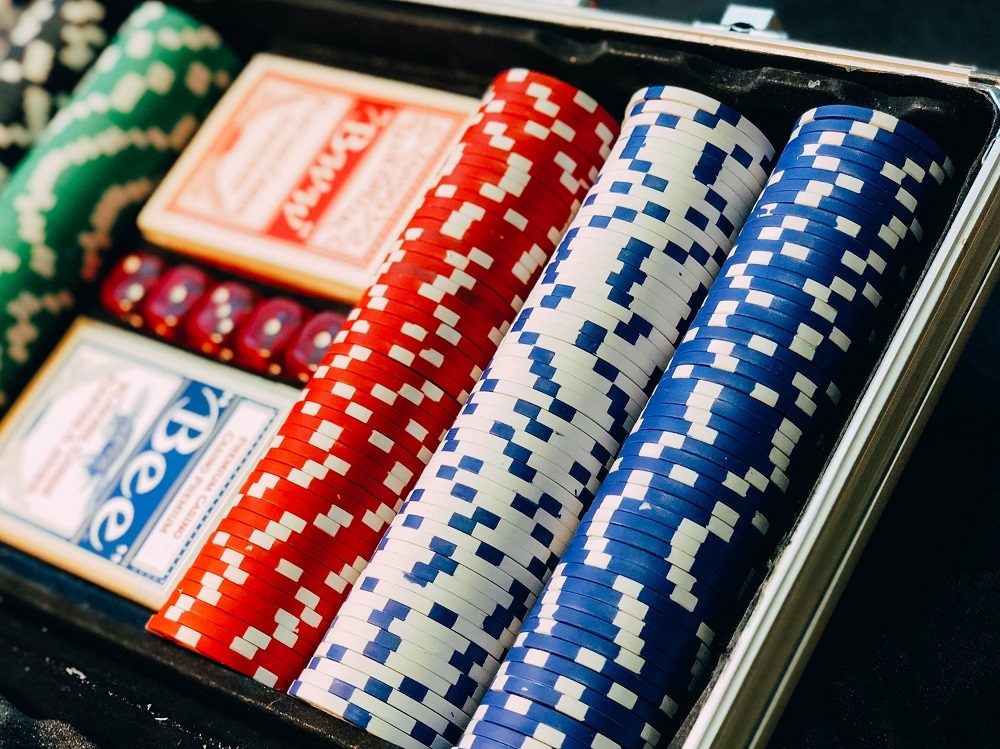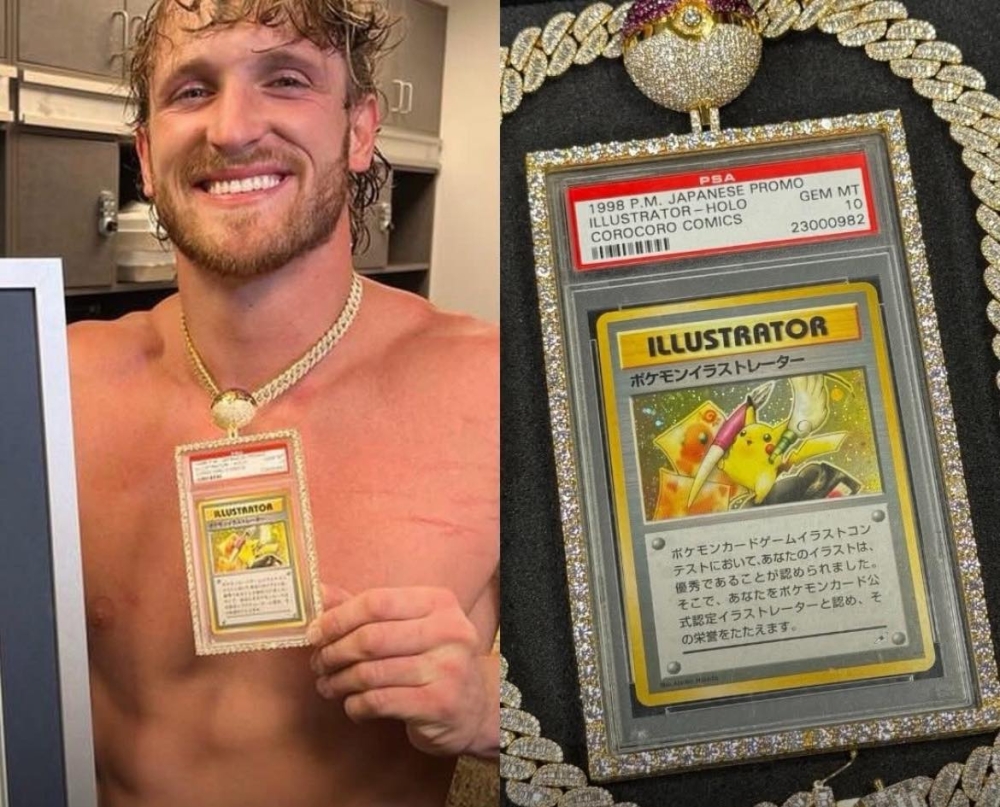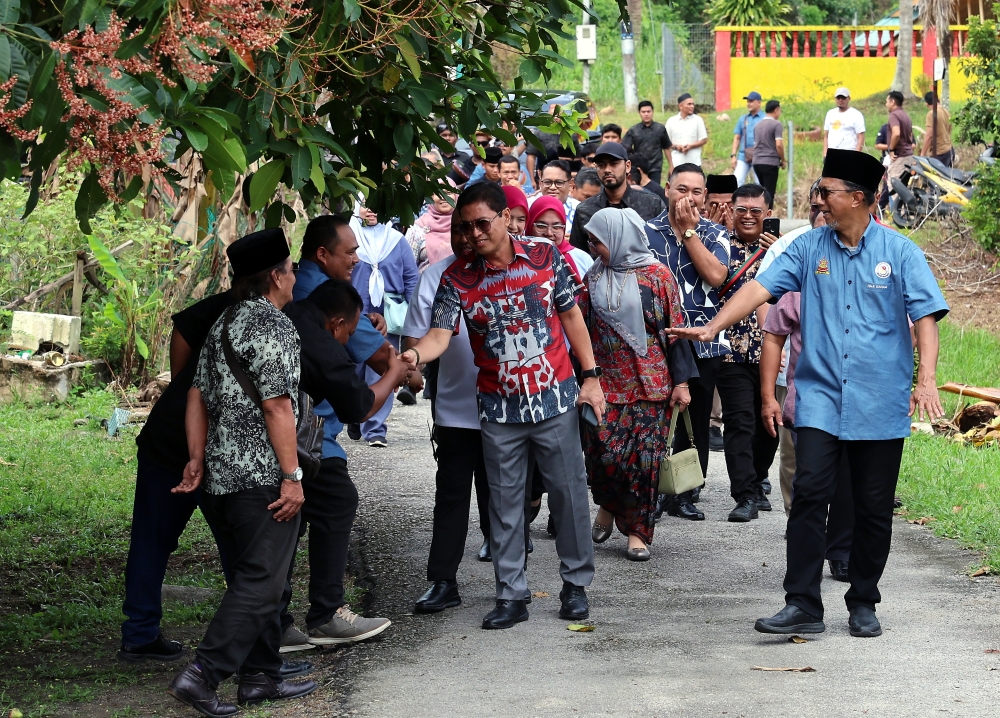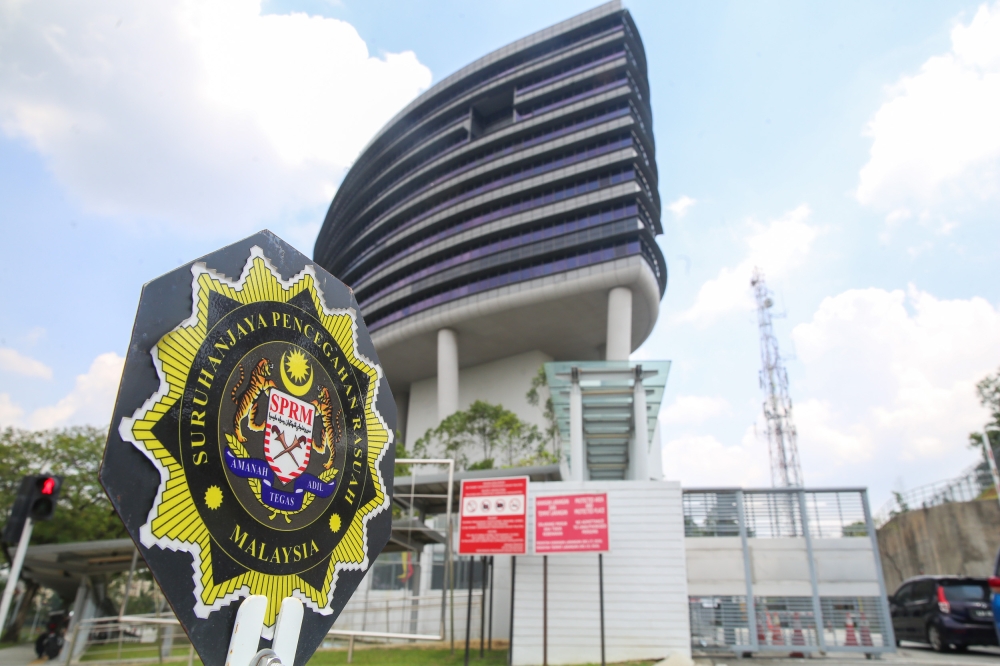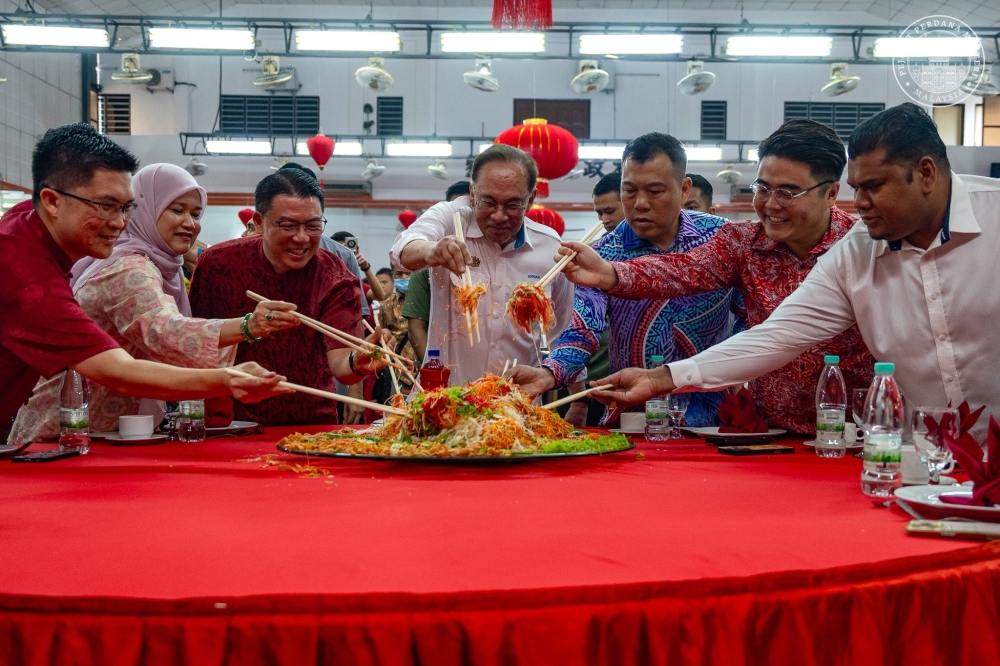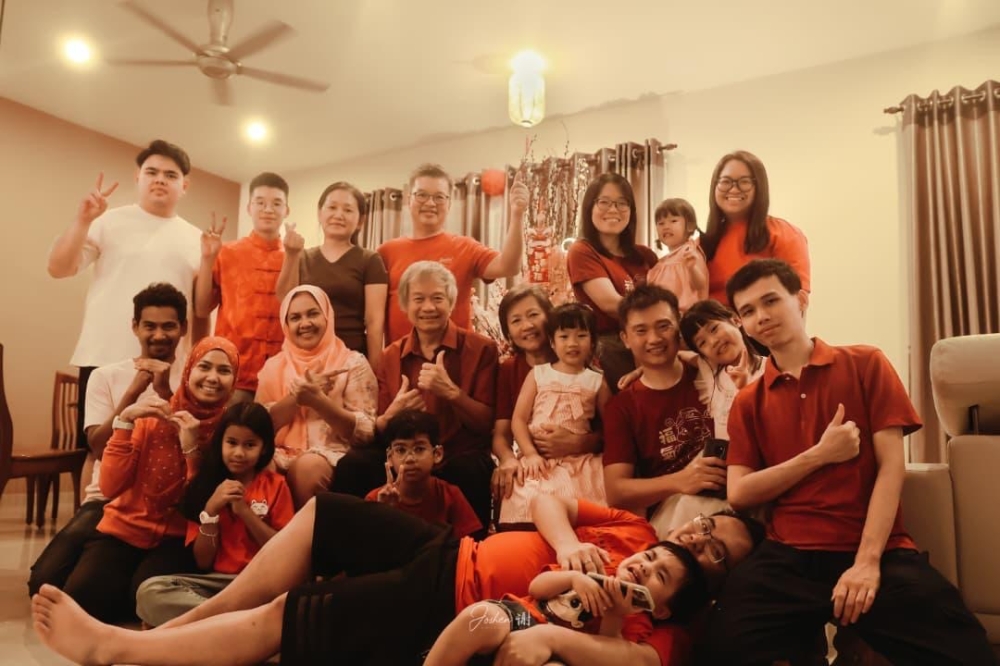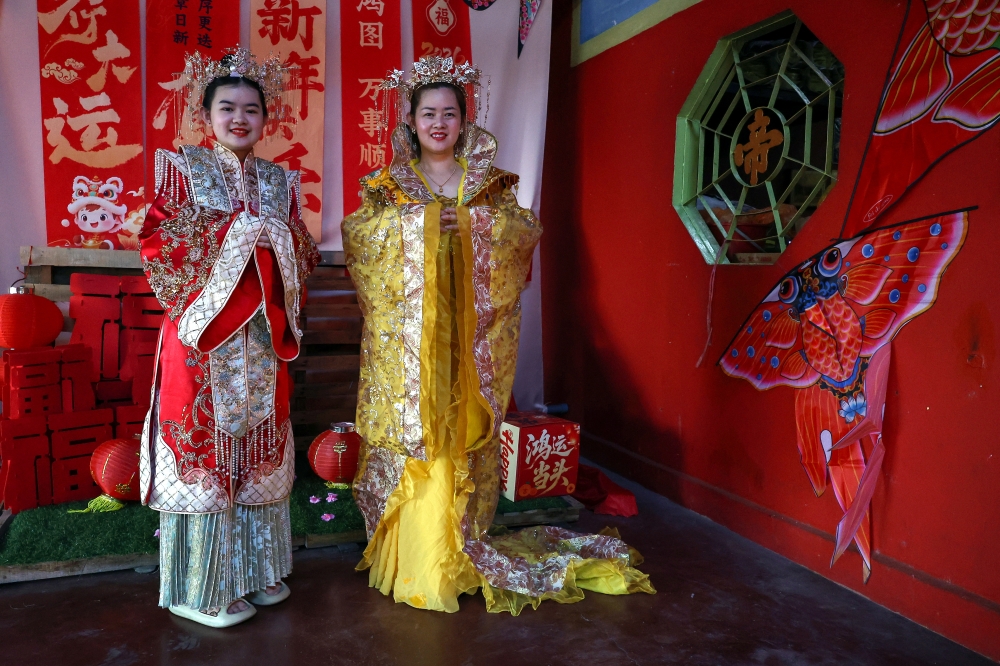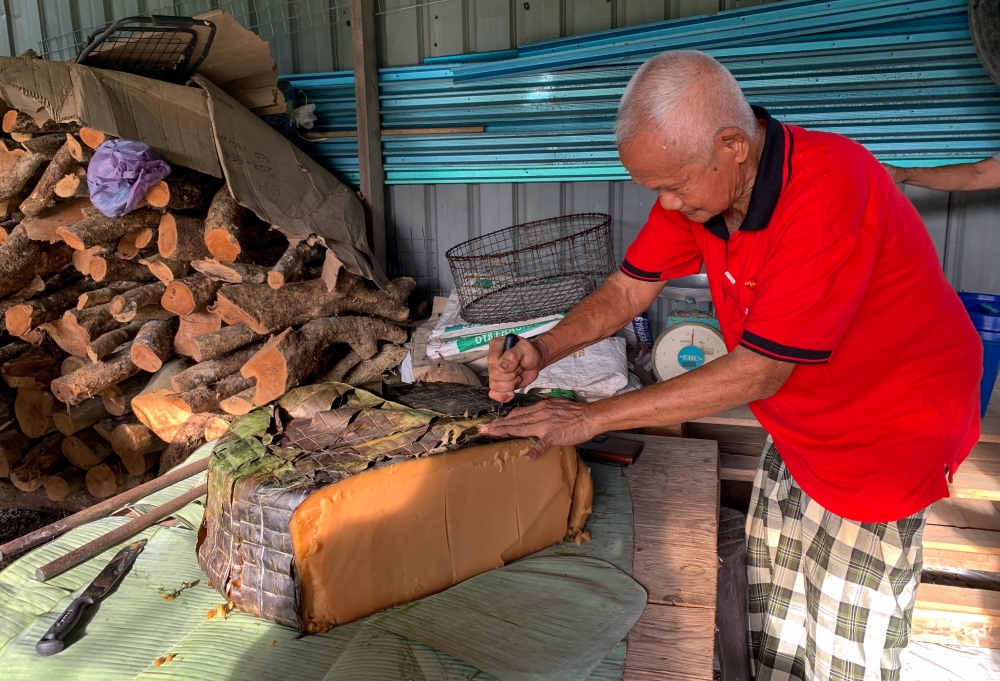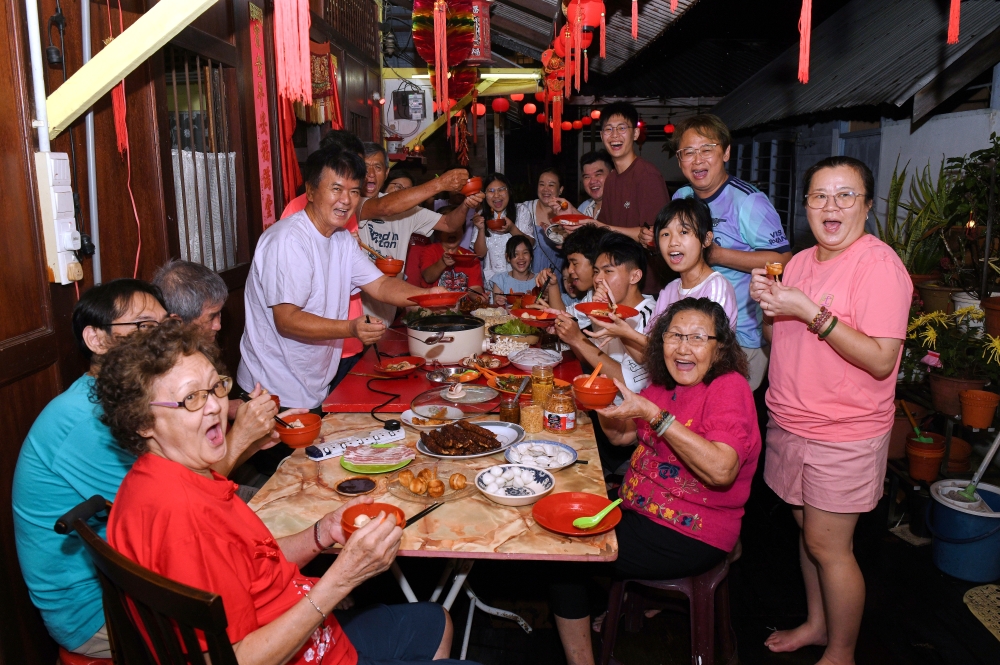VIENNA, Nov 14 — Another moving chapter in the story of the Viennese Jewish Ephrussi family — made famous in the book The Hare With Amber Eyes — has been written after around 40 members of the family reunited in the Austrian capital for the first time in decades.
The family’s history is one of splendour in Vienna’s Belle Epoque heyday before persecution under the Nazis scattered the family across the world.
Last week Vienna’s Jewish Museum inaugurated an exhibition tracing the Ephrussis’ story, the centrepiece of which is the Japanese sculptures that accompanied the family on their tumultuous journey.
One of them is the eponymous hare from the book by ceramic artist and Ephrussi descendant Edmund de Waal.
The status the Ephrussis enjoyed in Vienna at the turn of the 20th Century is clear from the edifice that still bears their name on the Ringstrasse, the showcase boulevard of the former Habsburg capital.
With its five floors, neo-classical columns, ballroom, courtyards and gilded coffered ceilings, the ornate residence embodied the stunning success which took the Ephrussis from their roots as grain traders in Odessa to prominent figures in the world of finance in Vienna and Paris.
But after the Nazis annexed Austria in 1938, the family’s downfall was swift: Their property was seized, their home occupied, their bank erased from the business register.
De Waal’s great-grandfather Viktor Ephrussi left the country with two suitcases and died stateless in 1945.
‘Astonishing moment’
The exhibition retraces these steps through objects that descendants of the family have donated to go on show in the city that expelled their ancestors.
Gathered for the occasion from all over Europe, the United States and Mexico, some of the family previously had only a vague idea of what earlier generations had suffered.
“People have moved on as well, away from Vienna, so to us, to our generation and my children, it’s a long time ago,” Edward de Waal, another one of Viktor Ephrussi’s great-grandsons, told AFP at the exhibition’s unveiling.
It was Edmund de Waal who took up the challenge of retelling the family story in his best-selling book, which has so far been translated into 20 languages.
“It’s an astonishing moment in my life to walk around such a profound visualisation and dramatisation of our collective family story,” 55-year-old Edmund said at the exhibition preview.
An ‘unresolved’ story
The thread that runs through his book is the spellbinding collection of 264 netsuke, tiny and exquisitely crafted Japanese sculptures first collected by Viktor Ephrussi’s Parisian cousin Charles.
Charles Ephrussi was a key figure in the Paris art world in Paris of the time, friend of Auguste Renoir and patron of other Impressionist artists, as well as the inspiration for the character of Swann in the works of Marcel Proust.
Charles sent the netsuke collection to Vienna as a wedding present for his cousin, where it was saved from the Nazis’ plunder and passed down the generations, crossing continents as it went, before arriving back in Vienna.
For the next several years they will be one of the highlights of the Jewish Museum’s collection.
But Edmund de Waal is keen to stress that “this is not a perfect, beautiful story... about a family coming back and all being OK”. He stresses that it remains “unresolved”.
Part of the netsuke collection was recently auctioned to raise money for refugee charities and de Waal sees disturbing echoes from the past in the current political situation.
“This a terrible moment in Europe for refugees, a terrible moment for anti-semitic rhetoric, a terrible moment for trying to cross a border,” he says.
As for the Palais Ephrussi itself, it was given back to the family in 1949.
However, as the city was still occupied and heavily damaged from the war, it fetched just US$30,000 (RM124,758) when sold.
Last week the palace played host to a reception for the family presided over by Victor de Waal, Edmund’s 90-year-old father.
Victor is one of those who intends to take advantage of a recent law enabling descendants of victims of Nazi persecution to apply for Austrian citizenship.
A gesture he wants to dedicate to his grandfather Viktor Ephrussi, forced from the city all those years ago. — AFP






